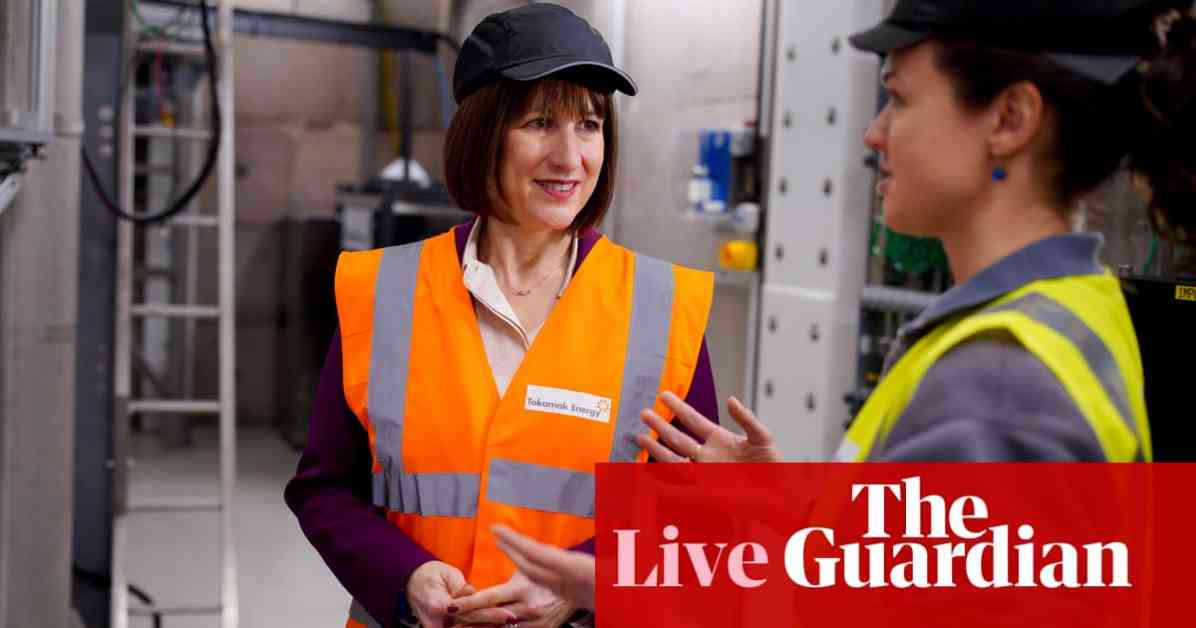Shadow Chancellor Mel Stride emphasized the importance of not re-entering the EU single market or customs union while also advocating for facilitating trade with the EU, the UK’s largest trading partner. In response to concerns raised by Chancellor Rachel Reeves and Bank of England governor Andrew Bailey about Brexit’s impact on economic growth, Stride highlighted the need to explore trade opportunities beyond Europe.
He stressed the significance of trade arrangements regarding phytosanitary and veterinary issues, pointing out the benefits of broadening trade horizons globally. Stride mentioned the 72 free trade agreements, including the Trans-Pacific Partnership, that the UK government has entered into, highlighting the potential for growth and collaboration with countries outside the EU.
In light of the weak GDP figures, Stride criticized Labour for undermining the economy and failing to capitalize on growth opportunities. He urged for a resilient economy to face future challenges, contrasting the GDP growth under Labour with that achieved under the Conservative government.
Moreover, Labour MP Liam Byrne emphasized the need for increased investment in infrastructure, skills, and innovation to bolster the British economy. He called for bold and swift government measures to address the current economic challenges, particularly in the face of trade complexities post-Brexit.
The article also touched on other political developments, such as the Liberal Democrats’ success in local elections, the shift in rural support away from the Conservatives, and Labour leader Anas Sarwar’s victories at the council level in Scotland. Additionally, Mayor of London Sadiq Khan’s conciliatory remarks towards incoming US President Donald Trump were highlighted, signaling a willingness to engage positively despite past disagreements.
Conservative leader Kemi Badenoch continued to focus on farming and tax issues, advocating against Labour’s proposed family farm tax. The article mentioned the NFU’s concerns about the impact of tax changes on medium-sized family farms and the potential implications for the agricultural sector.
Overall, the article provided insights into key political figures’ perspectives on trade, economic growth, and policy measures needed to navigate the post-Brexit landscape effectively. It highlighted the importance of global trade partnerships, investment in key sectors, and the need for cohesive strategies to address economic challenges in the UK.












